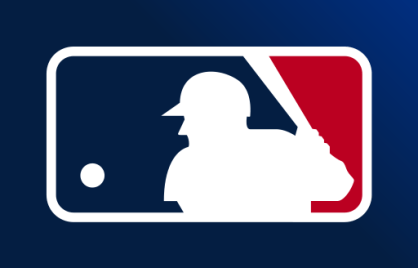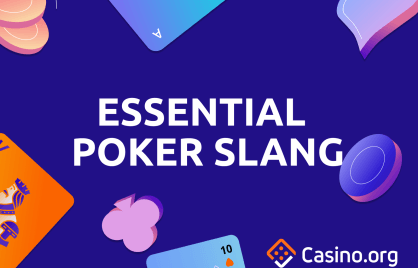Sports Betting: The Juice, House Edge, Magic Number and Realistic Expectations
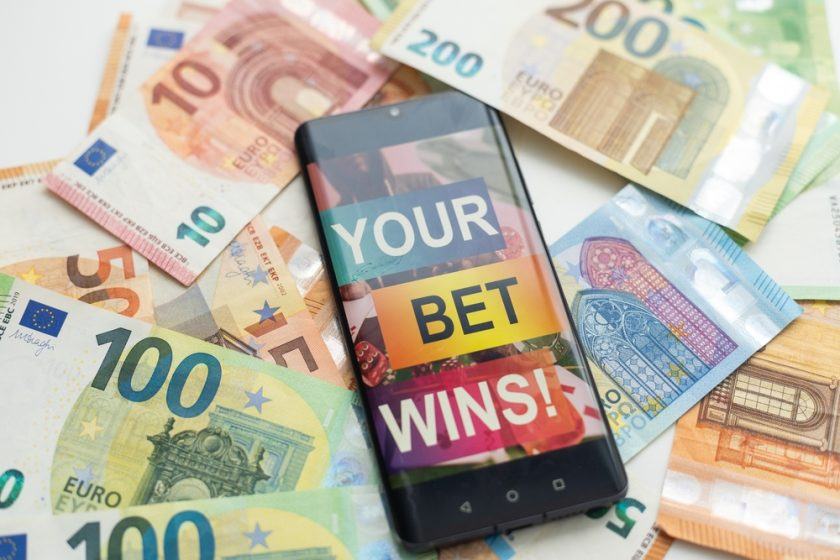
Summarize this post
Sports Betting Juice: What You’ll Learn
- Understanding the Juice: Learn what the “juice” or “vig” is in sports betting, including how it impacts your potential winnings and why it’s essential for bookmakers’ profits.
- Grasping the House Edge: Discover how the house edge functions in sports betting, and how it affects your long-term success and profitability as a bettor.
- The Magic Number Explained: Find out what is meant by the “magic number” in sports betting, and how this figure plays a crucial role in shaping betting odds and decisions.
- Setting Realistic Expectations: Gain insights into the importance of setting realistic expectations in sports betting, including understanding the odds of winning over time and managing your bankroll effectively.
- Strategies for Success: Explore practical strategies to incorporate knowledge of the juice, house edge, and magic number to improve your approach and increase your chances of success in sports betting.
From the outside looking in, sports betting is often viewed as a fun and exciting money-making opportunity. After all, most new bettors start out as sports fans and enter the sports betting space with the confidence of “knowing” sports. Maybe they used to play sports growing up or they’ve been watching games for years, decades or their entire lives.
Because of this institutional knowledge, new bettors often assume that “knowing” sports gives them a built-in advantage when it comes to wagering on sports, allowing them to seamlessly transition from a fan to a winning bettor.
Many new bettors even have dreams of quitting their day jobs and betting full time, easily turning a profit and becoming millionaires in the process.
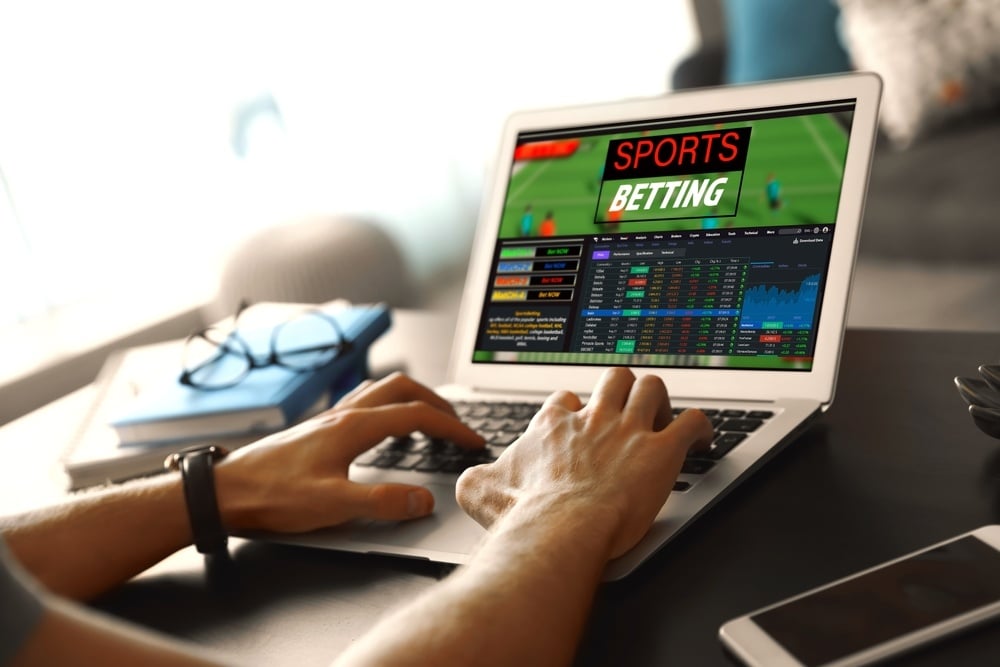
Image Credit: New Africa/Shutterstock
However, “knowing” sports and betting on them is a completely different ballgame.
The truth is that sports betting is difficult. It’s hard to win consistently for a variety of reasons:
- First, bettors need to beat razor-sharp lines set by the oddsmakers and their supercomputers.
- Next, bettors need to avoid bad beats, unlucky breaks and survive the randomness and unpredictability brought about by the human element.
However, the single most important reason why sports betting is difficult has to do with the fine print of how the game is played.
Simply put, the playing field is tilted against the bettor and in favor of the sportsbook because of a little dirty secret called “the juice.”
What is the Juice on a Sports Bet?
Also known as the “vigorish” or “vig” for short, the juice is a tax or commission placed on every bet that all bettors must pay. Think of it as an extra fee that bettors must pony up to the sportsbook, which is popularly referred to as “the house,” in order for them to accept your bet.
There is no way around it. Everyone must pay the juice, regardless of the sport, bet type or total money wagered.
The juice is a three-digit number, often in parentheses, located next to the spread or total odds. It’s also built into the moneyline price.
Standard juice is considered to be -110, also referred to as “ten cent juice.” This means that bettors would need to risk $110 in order to win $100 on a standard -110 spread bet.
The juice rarely remains static. Instead, it fluctuates up or down based upon the action coming in on both sides.
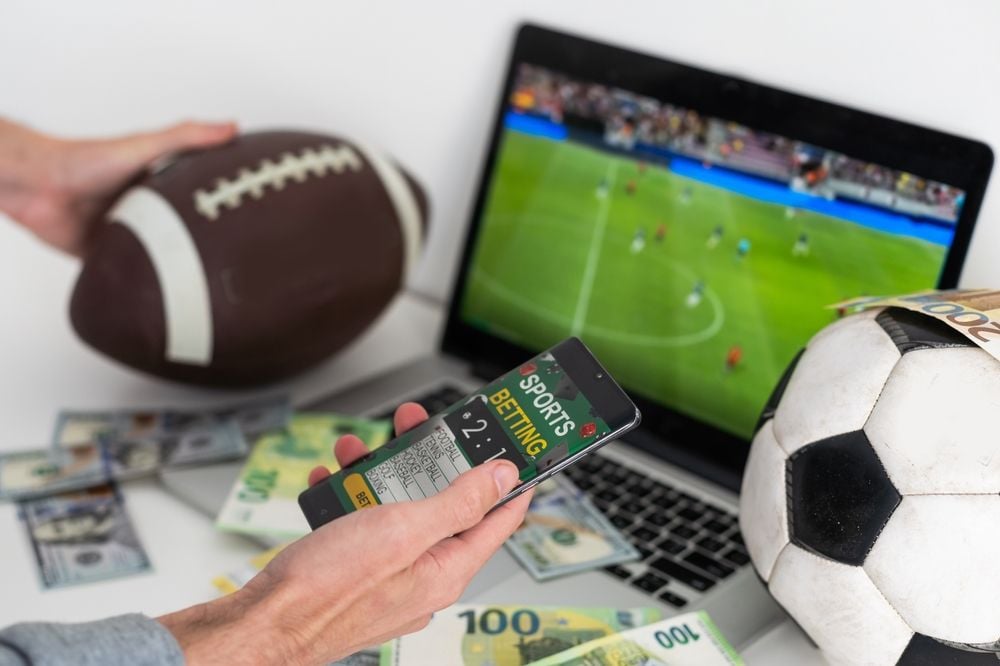
Image Credit: Andrew Angelov/Shutterstock
To put this into perspective, let’s say the Chiefs are facing the Raiders and Kansas City is a 7-point favorite on the spread.
Bettors would then have the option to take the Chiefs -7 (-110) or the Raiders +7 (-110). This means that you would need to risk $110 in order to win $100 on either side. If most bets come in on the Chiefs, oddsmakers would likely adjust the odds up from Chiefs -7 (-110) to Chiefs -7 (-115), forcing bettors to pay a more expensive price to back the popular side.
Simultaneously, the oddsmakers would drop the Raiders +7 (-110) to Raiders +7 (-105), offering a cheaper price to back the unpopular side.
What is the House Edge in Sports Betting?
The house edge in sports betting refers to the advantage that a bookmaker or sportsbook maintains to ensure profitability over the long term. This edge is built into the odds offered to bettors, and it essentially represents the bookmaker’s projected profit margin.
Unlike casino games where the house edge is a more straightforward mathematical advantage based on the game’s rules, in sports betting, this edge is achieved through setting odds that don’t precisely reflect the true probabilities of the outcomes, allowing the bookmaker to earn a commission or “vig” (short for vigorish) on the bets placed.
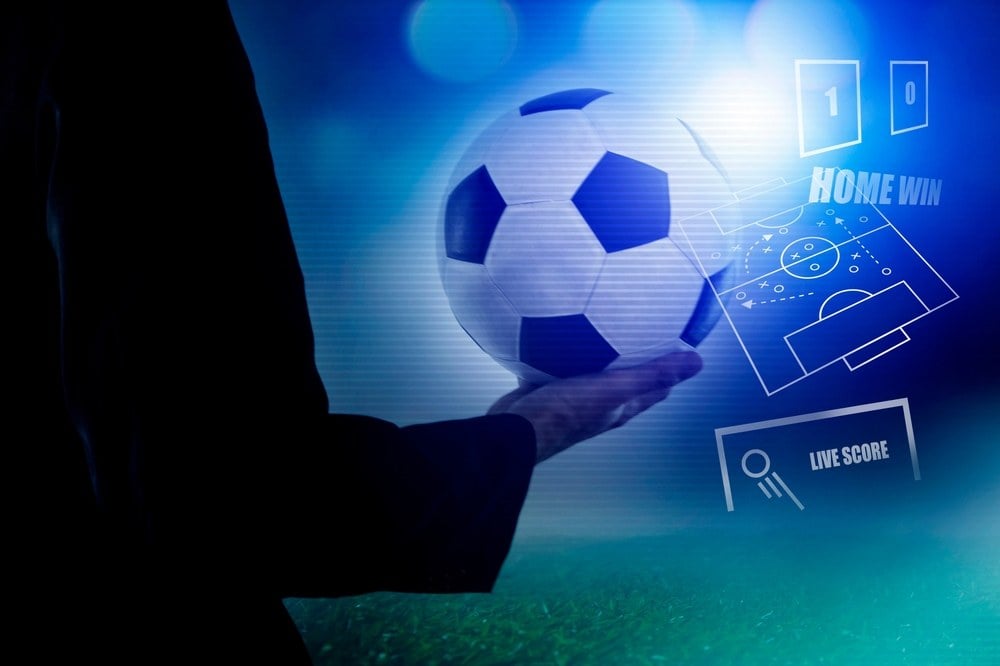
Image Credit: janews/Shutterstock
For example, in a simple two-outcome event with no house edge, odds would be perfectly balanced, like +100 in American odds or 2.0 in decimal odds, on each side, meaning a bettor would double their money on a win.
However, the house edge is incorporated by adjusting these odds, often offering something like -110 in American odds, which equates to 1.91 in decimal odds. To win $100, a bettor must wager $110, with the extra $10 constituting the bookmaker’s margin.
This method ensures that over many bets, even if the outcomes are statistically balanced, the bookmaker will make a profit.
How the Juice Effects House Edge
To illustrate how the juice benefits the house, let’s imagine two bettors bet both sides of the same game. One bettor risks $110 to win $100 on the Chiefs -7 while the other bettor risks $110 to win $100 on the Raiders +7. In total, the house has taken in $110 on both sides, totaling $220.
Whichever bettor wins receives $100 and gets the $110 they risked back. As a result, the sportsbook took in $220 and paid out $210, resulting in a $10 profit for the house.
If you divide $10 by the overall $220 risked, you get 0.045. Multiply that by 100 to convert to a percentage and you get 4.54%. This is considered the “house edge.” It means that for every $100 risked on a standard -110 bet, the house holds on to $4.54.

Image Credit: Andrew Angelov/Shutterstock
Multiply that by the millions and billions of wagers placed over the course of a full calendar year and that’s why the house makes so much money.
It might sound cliche but it’s true: the house always wins in the end, thanks in large part to the juice bettors must pay to play.
The Magic Number: Why Winning Might Not be Enough
Many new bettors incorrectly assume that they just need to win slightly more than they lose in order to turn a profit. Makes sense, right? Just win 50.1% of your bets and you make money?
However, this isn’t the case because, you guessed it, the juice.
In order to break even assuming standard -110 juice, sports bettors need to win 52.38% of their plays. To calculate this number, just take the price of the juice divided by (100 + the price of the juice). So, 110/ 110 + 100. This equals 0.5238. Multiply that number by 100 to convert to a percentage and you get 52.38%.
As a result, 52.38% is considered the “magic number” in sports betting. In other words, you need to win 52.38% of your standard -110 spread bets in order to break even. If you can win 52.39% or more of your bets, you are turning a profit.
However, the more expensive juice you pay, the higher the magic number and steeper the hill needed to climb to turn a profit. For example, if you are constantly laying -115 juice, your break-even point becomes 53.48%. If you are constantly laying -120 juice, the break-even point increases to 54.54%.
Long story short, the more juice you pay, the more you need to win to break even and turn a profit.
Setting Realistic Expectations When Sports Betting
New bettors have dreams of winning 70%, 80% or 90% of their bets. But this just isn’t realistic. And if you think betting will be a cakewalk, you are in for a rude awakening. At its core, sports betting is considered gambling because you are taking a risk and betting on an unknown outcome.
The key is entering the sports betting arena with realistic expectations. Instead of striving to win 75% of your bets or more, shoot for the magic number of 52.38%. Anything beyond that is gravy.
Think of it this way: if you get a 54 on a math test that would be considered a failing grade. Your parents wouldn’t be too happy, and you’d need to find a tutor.
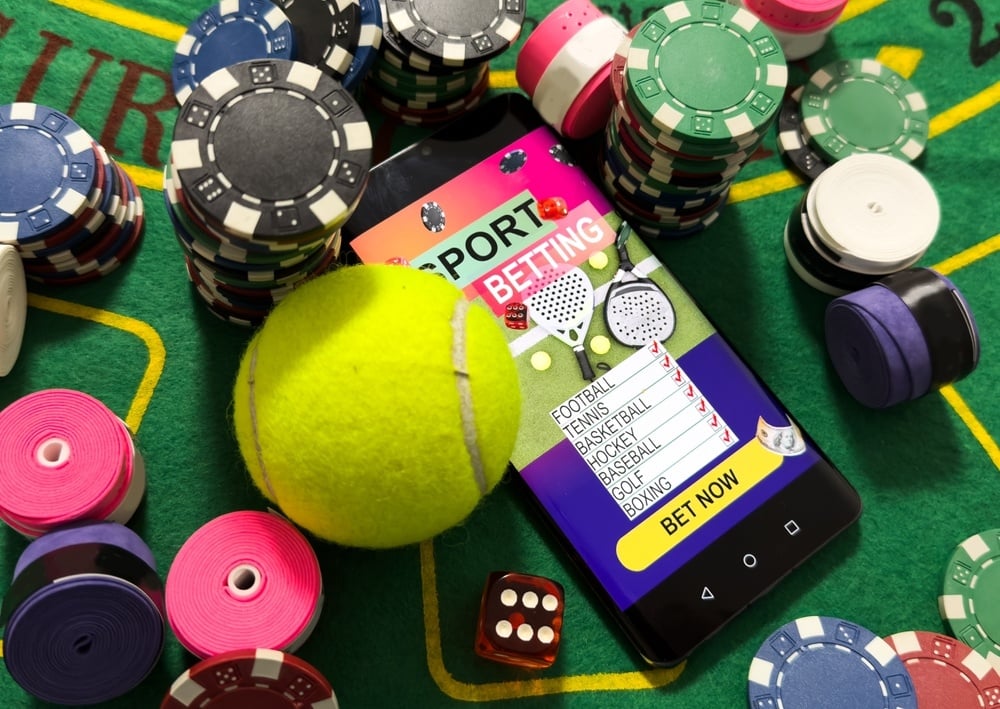
Image Credit: Andrew Angelov/Shutterstock
But if you win at a rate of 54% in sports betting, you are doing great and turning a profit.
Believe it or not, the sharpest sports bettors in the world win roughly 55% to 60% of the time. It’s extremely rare to find a “sharp” who can win more than 60% of their bets consistently over the long term.
In the end, bettors shouldn’t think of sports betting as an easy way to become a millionaire overnight. Instead, look at betting as a side hustle that you can slowly improve at over time, turning a hobby into an investment.
Image Credit: Andrew Angelov/Shutterstock

